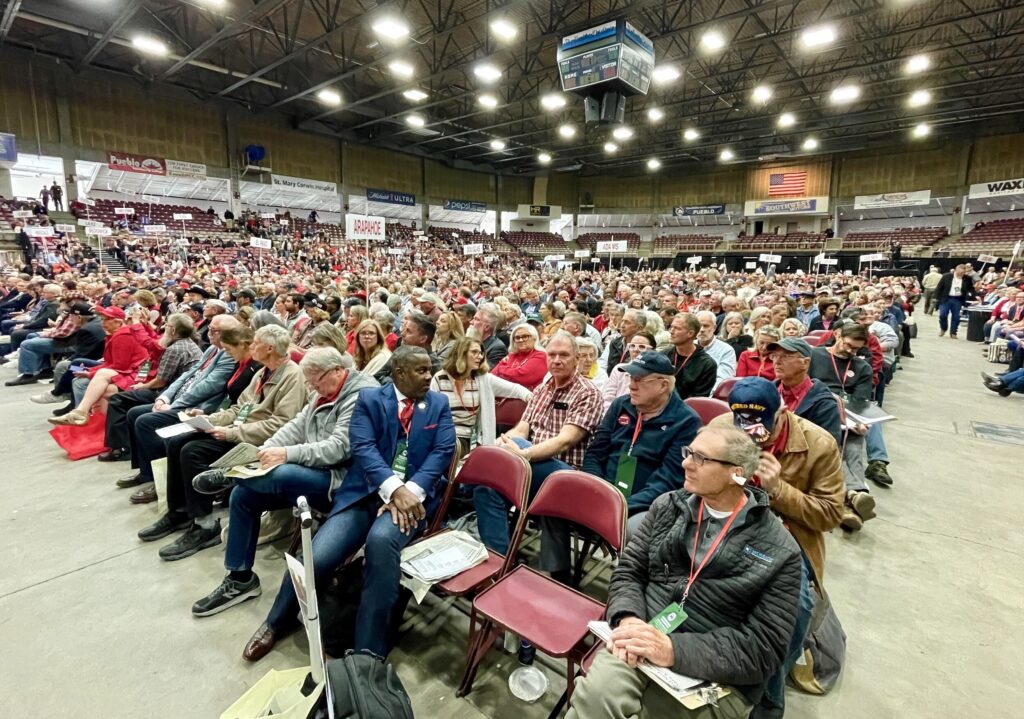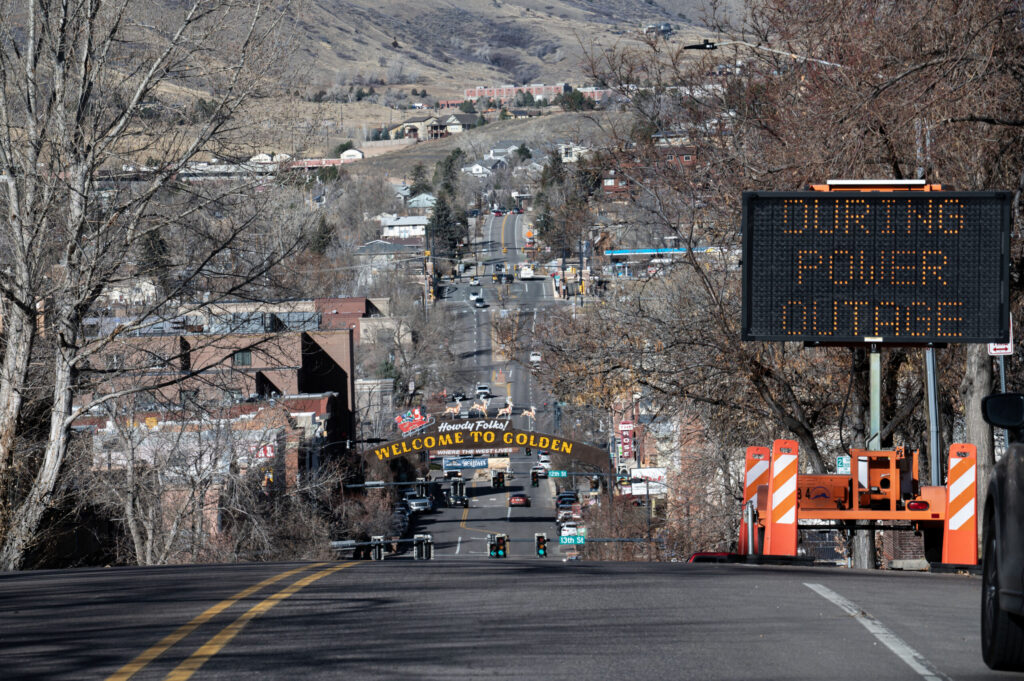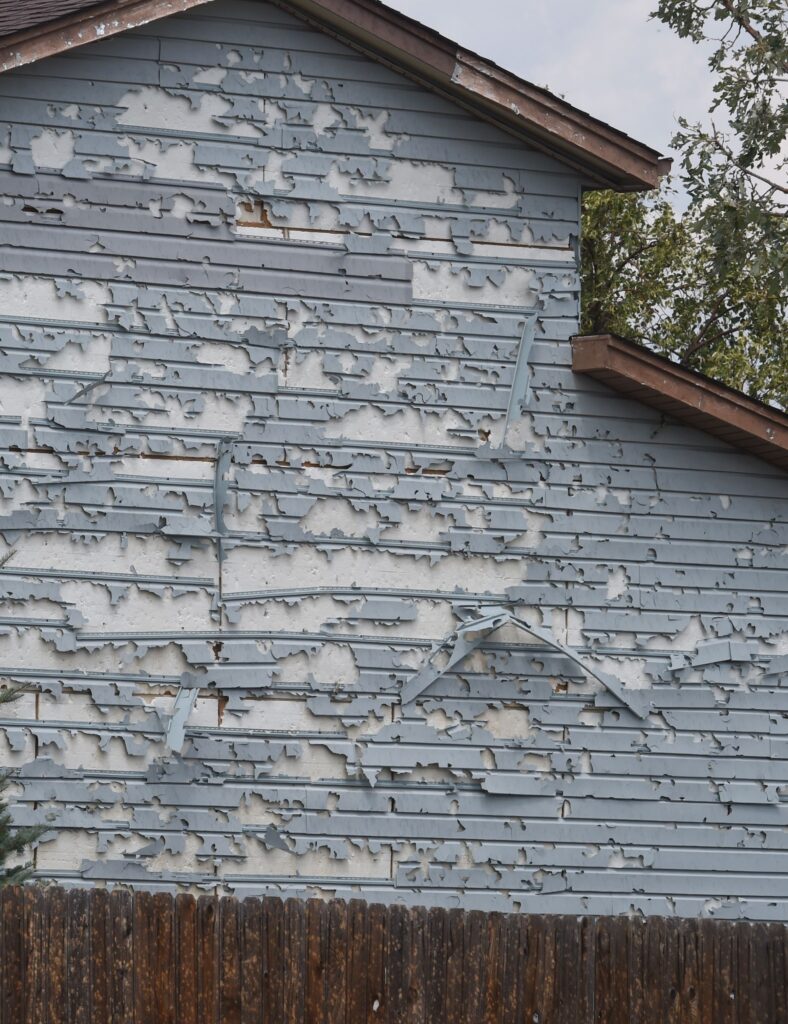Colorado Senate approves rewritten construction defects bill, which faces uncertain future
A watered-down version of the Senate’s “construction defects” bill won preliminary approval on Wednesday after four hours of debate and over two weeks of delays, as bill sponsors worked with multiple amendments.
A final 25-8 vote Thursday sends to the bill to the House.
With just a few provisions remaining from the original version, Senate Bill 106 is one of two measures focusing on construction defects that is pitting Democrats against each other in both the House and Senate, leading to concerns that, without a compromise, neither measure will make it to the governor’s desk.
The House bill is now awaiting its first Senate committee hearing. SB 106 is a day away from a final vote and an uncertain future in the House.
Through a spokesperson, Gov. Jared Polis weighed in: “The Governor is supportive of all bills that reduce the cost of building new homes and condos, including easing parking restrictions, supercharging transit oriented communities, making it easier to build ADUs – or granny flats – establishing strong strategic housing goals in law, and construction defects reform.”
He continued that “These efforts are one part of a comprehensive effort to reduce housing costs for Coloradans. We understand that conversations have been ongoing and encourage all sides to stay at the table and get a meaningful constructive reform bill that reduces condo costs to the Governor’s desk . For such an important issue, a few differences should not stand in the way of progress and an agreement to reach meaningful reform.”
In this latest Colorado Conversations town hall, Proponents and critics of a legislative proposal aimed at spurring more construction of affordable condos clashed on March 28, 2024.
Colorado Politics Staff
As introduced, SB 106 would modify the state’s 2001 Construction Defect Action Reform Act, which set up a process for homeowners to sue builders when they find defects, which can range from serious issues, such as cracks in the foundation or HVAC problems, to smaller problems, such as defective cabinetry and leaks.
As it applies to condos, which are governed by homeowners’ associations, the law requires a majority of homeowners to consent before the HOA can pursue lawsuits.
The 2001 law also includes a statute of limitations and a “statute of repose.” In the former, the clock starts ticking when the defect is discovered, and that’s two years. The statute of repose is a clock that begins when the condo is substantially completed — and that’s six years — although it can be extended to eight years when the defect shows up in years five or six.
Under SB 106, construction professionals would have a “right to repair” a construction defect claim, as well as alternatives to litigation. The bill would increase the threshold to two-thirds for consent by homeowners in an HOA to pursue a construction defects claim.
The bill’s sponsors insist it will not take away a homeowner’s right to sue when there’s a defect.
Much of the controversy over the bill is over its “right to repair” language. On March 21, the Senate Local Government & Housing Committee amended that language. The bill won a narrow 4-3 vote, with three of the committee’s four Democrats voting “no.” The committee also reduced the voting threshold to 60%.
On the Senate floor, Democratic sponsors Sens. Rachel Zenzinger of Arvada and James Coleman of Denver brought a strike-below amendment — a rewrite of the bill — hoping to find a way to win approval. The updated reduced the bill to four pages from its original 11. The most substantial change removed the language around “right to repair.”
The amended bill states that Colorado’s population is 20% higher than in 2008, but that condo construction is 76% lower between 2002 and 2008. It also says Condo developers have primarily abandoned the state, with 84% fewer over the last 15 years.
The new legislative declaration says demand for condos remains high. The declaration also continues to point to what sponsors and supporters believe is the cause for the downturn in condo construction — the cost of construction liability insurance and litigation, which can be as high as 5.5% of a project’s costs.
What’s left in the bill are the 60% threshold and how a construction defect claim must show verifiable danger to the occupants or an actual failure of a building component. There is no prohibition on claims resulting from building code violations or industry standards.
The Wednesday debate pitted the sponsors against progressive Democrats, such as Sens. Lisa Cutter of Littleton and Julie Gonzales of Denver, who tried more than 20 amendments to further water down the bill, including a strike-below from Cutter.
The progressive legislators succeeded with some minor amendments that had the consent of the sponsors.
Meanwhile, a competing bill from progressive House Democrats awaits an April 16 hearing from the Senate Local Government & Housing Committee.
While the Senate bill has the support of local governments, the insurance industry, builders and affordable housing advocates, such as Housing Colorado, House Bill 1230 has an entirely different group of supporters, mainly trial lawyers and Build Our Homes Right, a homeowners’ group.
It received final approval in the House on April 4 with 35-27 vote. Nine Democrats voted against it.
The measure would extend the statute of repose from six years to 10. Current law says claims can only be filed up to six years after construction on a substantially completed home. A two-year extension is possible if the defect is discovered within the first four years.
HB 1230 also sets a new timeline for filing claims under a separate statute of limitations within two years from the time the property owner becomes aware of the defect. The statute of limitations starts when a homeowner identifies the underlying cause of the defect.
Cutter, who waged much of the fight Wednesday against SB 106, is the primary sponsor of HB 1230.
She’s also the Senate sponsor of House Bill 1083, which requires a study of construction liability insurance costs. That measure tasks the division of insurance with conducting the study of construction liability insurance for residential property developers. It awaits action in the House Appropriations Committee, which will review its $350,000 general fund cost.













